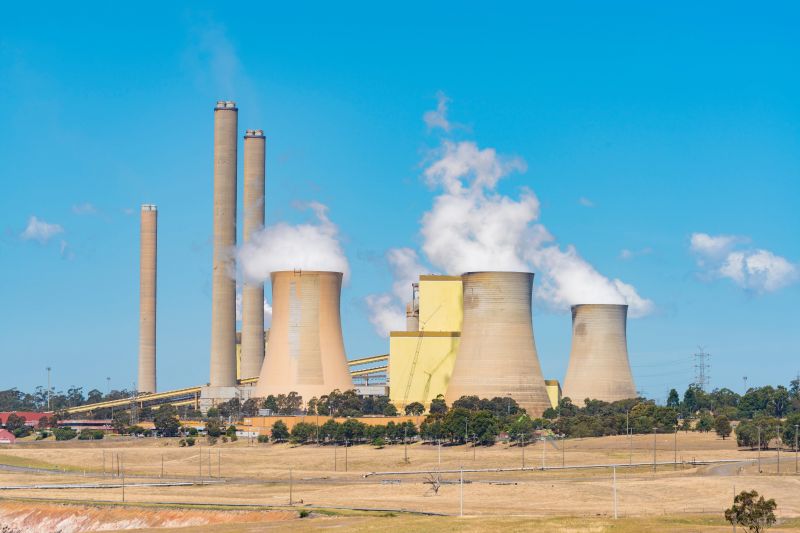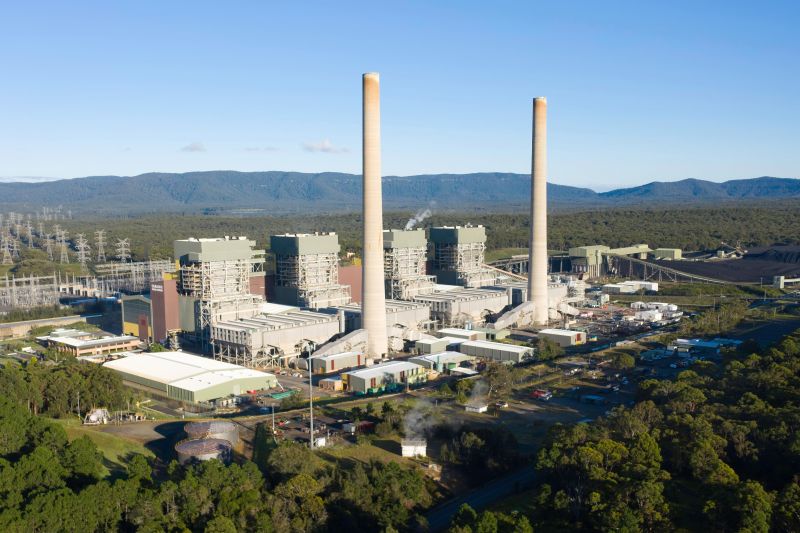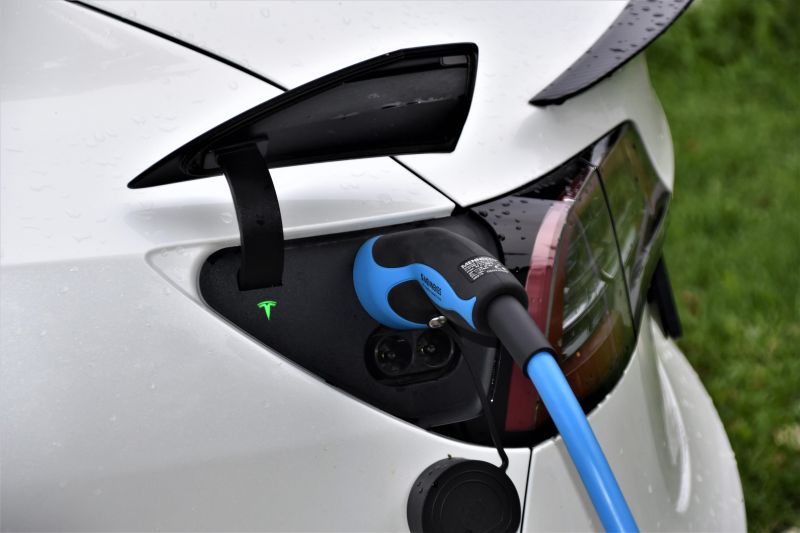A university study has found that an increase in new electric vehicle (EV) sales has led to a rise in CO2 emissions – but there’s a major catch.
A study by researchers from the University of Auckland and Xiamen University in China found that across the past 15 years, data from 26 countries showed that CO2 emissions have risen along with the higher uptake of EVs.
As expected, there’s a clear explanation as to why this is the case: fossil fuels being used to generate electricity to charge EVs.
“Fundamentally, an EV’s environmental footprint greatly hinges on the source of the electricity used to charge it,” the study, published on Science Direct, reads.
Hundreds of new car deals are available through CarExpert right now. Get the experts on your side and score a great deal. Browse now.
“In regions where electricity production is predominantly generated from fossil fuels, such as coal, oil, or natural gas, the life-cycle emissions linked to electricity generation may offset the emission reductions achieved by switching from conventional internal combustion engine vehicles to electric vehicles.
“Suppose EVs are charged using electricity from coal-fired power plants, for example. In that case, they may indirectly contribute to higher emissions than modern gasoline or diesel vehicles, especially considering the entire lifecycle from production to disposal.
“Therefore, the nexus between EV uptake and CO2 emissions remains controversial globally deserving further investigation.”
According to the study, this emissions balance will swing in favour of EVs when renewable electricity generation reaches approximately 48 percent.
Given renewable energy only accounted for about 30 per cent of global electricity generation in 2023, this target is still a few years away from being achieved.
“This research is a reminder that decarbonising transport can’t happen in isolation,” said Associate Professor Stephen Poletti from the University of Auckland.
“EVs are only as green as the grid they plug into, and government policies should aim to increase the adoption and integration of renewable energy like solar and hydro.
“This can be achieved by setting ambitious renewable energy targets and providing adequate subsidies such as tax credits to producers and consumers of renewable energy.
“Policies should support community-based renewable energy projects, which can increase public acceptance of renewable energy installations.”
While Australia experienced a record year for EV deliveries in 2024 with 91,292 solely battery-powered cars sold, 2025 is off to a rockier start.
Between January and March, a total of 17,937 EVs were delivered, down 29.6 per cent on the same period last year.
Though this has largely been driven by a year-on-year 59.6 per cent decrease for Tesla, fellow top-three brand BYD also experienced a drop of 58.8 per cent.




